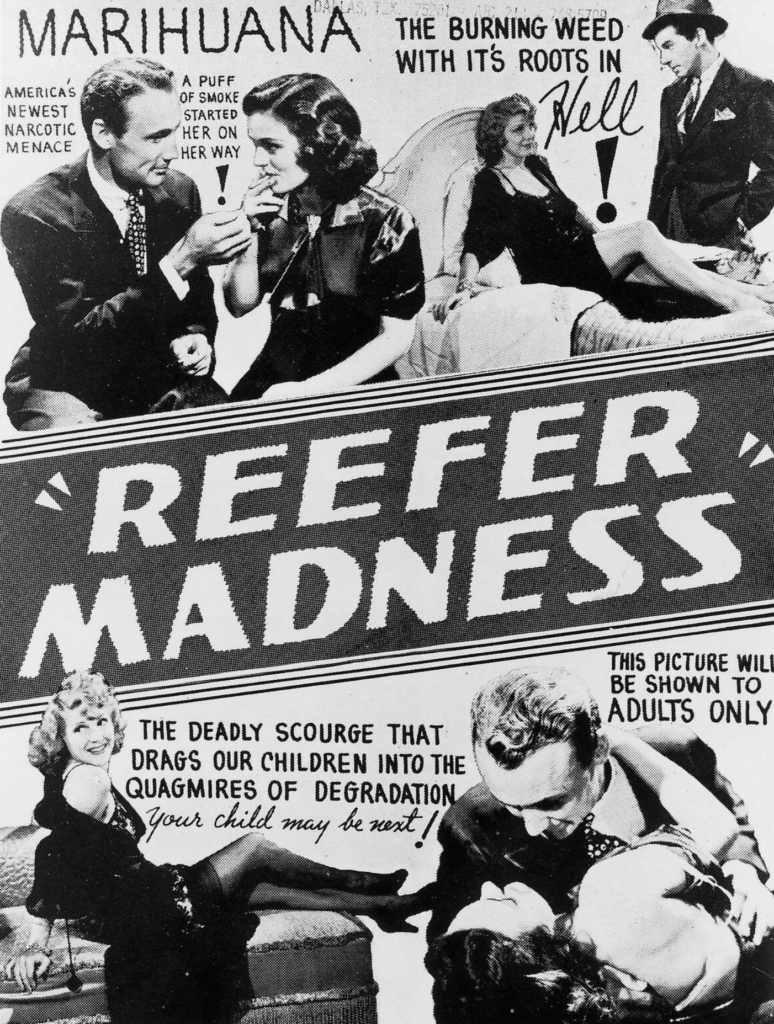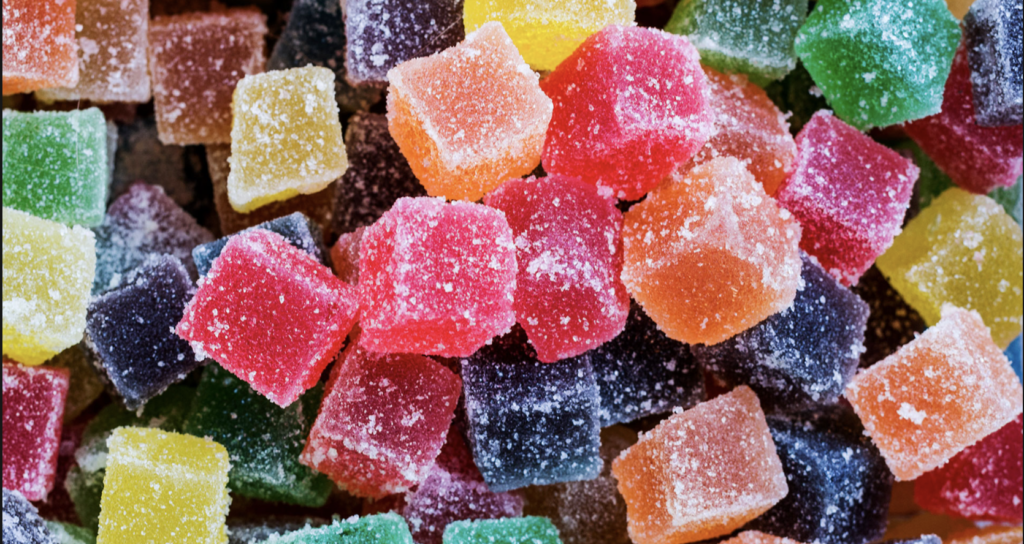For years, Minnesota legislators from both political parties with puritanical and law-and-order instincts have fought hard to preserve the prohibition of marijuana, a plant that is much less addictive and lethal than already legalized alcohol.

But marijuana prohibition in Minnesota is now effectively over, kinda sorta. The Star Tribune explains one of the most surprising and senseless moves the Minnesota Legislature has made in my lifetime:
“A new state law took effect July 1 that allows Minnesotans 21 and older to buy certain edibles and beverages containing small amounts of THC, the ingredient in marijuana that produces the high associated with the drug.The new law allows the sale and purchase of edibles — such as gummies, hard candy or chocolates — and beverages that contain up to 5 milligrams of tetrahydrocannabinol (THC) per serving and 50 milligrams per package, and no more than 0.3% THC by weight. Products containing THC, as well as those containing cannabidiol (CBD), must be clearly labeled and can only be sold to those 21 and older. Edibles must be in child-proof and tamper-evident packages and carry the label “Keep this product out of reach of children.” Serving sizes must also be clearly defined.
THC products sold in Minnesota must be derived from legally-certified hemp containing no more than 0.3% THC by weight, according to the law. Marijuana flower and all THC-containing products derived from it remain illegal in Minnesota for recreational use.
The law places no limit on how many CBD and THC products can be purchased and does not regulate who can sell them.”
This shocking development is at the same time encouraging and frustrating. Legislators have lots of high-minded (sorry, couldn’t resist) explanations about how they were merely trying to keep Minnesotans safe from low-THC hemp with new regulations. But regardless of actual intent, the Legislature has legalized intoxicating THC products. That’s great for those who partake and don’t want to go to jail, but bad for those who care about sensible public policy.
The Legislature, wanting to show their constituents that they’re being prudent with “low and slow” dosing, essentially created the THC equivalent of 3.2 beer, or beer with no more than 3.2 percent alcohol by weight. Anyone who came of age in the 3.2 era knows that past generations of Americans did street research and discovered a clever workaround for that law: Consume more weak product, and get as wasted as your heart desires.
Similarly, there is a fighting chance that today’s Minnesotans will make a similar discovery about the Legislature’s new half-baked model. Obviously, Minnesota’s relatively low-THC gummies can get you every bit as high as the higher-THC gummies available in states where marijuana is fully legalized. More bites begets more buzz.

Equally stupid, the Minnesota Legislature is also requiring that companies produce the THC-containing gummies in the least efficient, most expensive way possible. In Minnesota, companies are required to make THC-containing gummies out of relatively low-THC hemp plants, instead of high-THC marijuana/cannabis plants.
This is like requiring that companies produce sugar from tomatoes rather than sugar beets. It’s feasible, because tomatoes have a relatively small amount of sugar in them, but why do it that way? The massive inefficiency of this hemp requirement ultimately causes huge additional growing and processing costs to be passed on to inflation-weary Minnesota consumers, for no good reason.
But that’s not all. Because legislative hemp regulators quietly snuck into the back door of THC edible legalization without wanting to wake sleeping prohibitionists, they didn’t include any taxation provisions in the new law. As a result, hundreds of millions of dollars in THC product taxes will not be collected to fund badly needed public services, such as education, early learning, or environmental protections. That’s a huge missed opportunity.
Worst of all, the Legislature didn’t expunge the criminal records of Minnesotans whose lives are being needlessly harmed because of past marijuana-related convictions. As of July 1, 2022, Minnesotans can now legally get high as the IDS Tower at the same time their fellow Minnesotans — disproportionately people of color, because of shameful racial bias in Minnesota’s law enforcement and judicial systems — continue to be harshly punished for having consumed the very same chemical. That’s layering an outrageous new injustice on top of the outrageous old injustice.
To summarize, Minnesota’s THC edible legalization framework offers a good buzz, but no consumer cost-containment, public improvements, tax relief, or justice. We can now “get stupid,” but we will never get as stupid as this regulatory framework.
Despite all of those flaws, THC edibles are now finally being enjoyed by Minnesotans of all political stripes. Because of that, this product will quickly get more normalized in Minnesota society. As a result, bringing back prohibition, as some Republicans propose, will be more unpopular than ever.
Ultimately, that normalization should pave the way for the future passage of a more thoughtful, comprehensive legalization framework, presuming a wave of extreme marijuana prohibitionists aren’t swept into office in the 2022 midterm elections. That could happen because of voter frustration over crime and inflation, but it won’t be because of this issue. Minnesotans support marijuana legalization by a 14-point margin.
The Minnesota Legislature will probably eventually get to a sane legalization framework that produces lower consumer prices, better funded government services, and justice for thousands. Winston Churchill famously said that “The United States can always be relied upon to do the right thing — having first exhausted all possible alternatives.” Unfortunately, marijuanaphobic Minnesota is currently in the process of exhausting a particularly ludicrous alternative on its path to the right thing.

